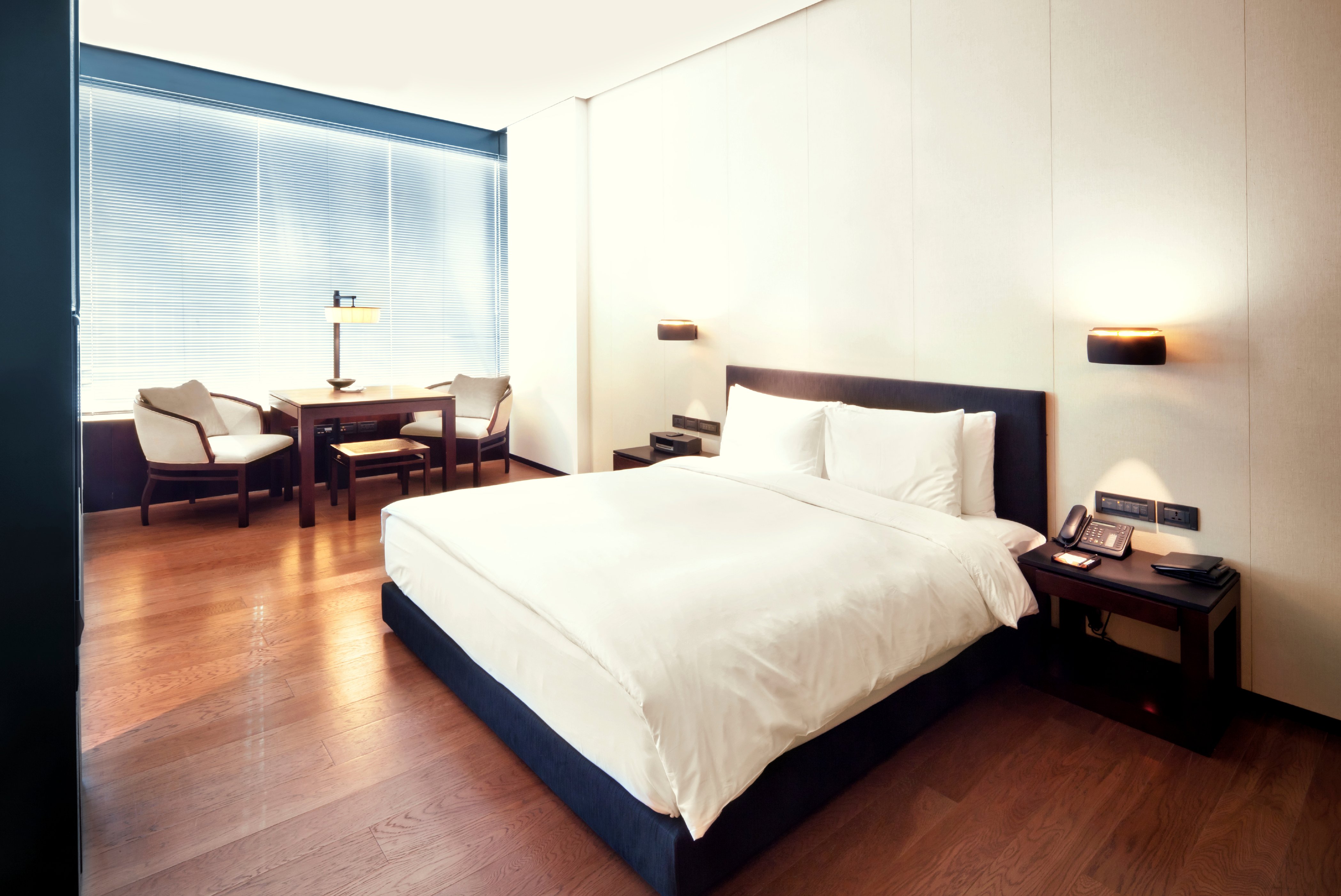 That’s the question Dave Michels, president of Verge 1 Consulting, tries to answer in a recent post on his blog, “No Jitter”. In his article, he believes the long period of flat lining for hospitality communications has finally come to an end.
That’s the question Dave Michels, president of Verge 1 Consulting, tries to answer in a recent post on his blog, “No Jitter”. In his article, he believes the long period of flat lining for hospitality communications has finally come to an end.
It might be hard to believe, but it wasn’t that long ago that room phones in motels and hotels were actually profit centers. Right up there with room service and shoeshine stands. Then about ten years ago, things really started to change. Before then hotels/motels charged their guests for both local and long distance calling. Not knowing any better, the guests kept any complaints they may have harbored to themselves. The first inkling of any threat to this cash cow model came in the form of calling cards. As travelers, especially business travelers in the early Internet era became more technology savvy, they sought innovative ways to lower their travel expenses. Guests became adept in dialing in card codes to lower their long distance charges. Hotels didn’t help them themselves when they padded the charges in order to pad their bottom line. The calling card was the shot across the bow that presaged the BYOD (Bring Your Own Device) phenomenon that is growing by leaps and bounds today in the current Internet of Things environment. Now the only thing a room phone might be used for is to call the front desk and gripe that you weren’t invited to that wild party next door that’s keeping you awake.
So for a long time, in business terms anyway, the hospitality phone system had become a cost center. During the recent recession especially there was a dramatic drop off on PBX ports sold as hoteliers hung on to their embedded premise-based systems, squeezing the last dime out of their capital investment. And when VOIP technology finally shed its placenta and came to be embraced in the enterprise realm, hospitality yawned, not at all interested in that party. After all, IP phones were expensive! There just weren’t any sparkly blingy features to justify the investment. Where at one time enterprise and hospitality steered by the same stars for their telephony needs, albeit way back in the day when they were both early adopters of cool new things like voice mail and push-button dialing. Now they have diverged. One of the great benefits of VOIP is faster and cheaper moves, adds, and changes. Hardly a pressing concern for innkeepers. They were more interested in the traditional safety and security issues (911), necessities rather than niceties.
But now hospitality telephony is starting rouse itself from the lethargy so prevalent for so long, according to Michels. Per-room revenues are up, and new construction is coming out of its doldrums.
Now that pent up backlog demand appears to finally be calving off the glacier, how are vendors lining up in the cloud v. premise debate? It’s still early, and of course the consensus is that eventually the cloud will most likely prevail. But during the transition, some of the big names are still leveraging their embedded premise footprint in the name of economy. The cloud is tempting, with little or no upfront capital outlays. But in a hospitality/telephony world used to five-9s reliability and with hoteliers likely cringing more and more when seeing those pesky recurring maintenance fees on their balance sheets, the one-and-done purchase continues to look at least not so bad. Throw in the need to interface with a property management system, an industry that is itself wobbling as it migrates from on-premise to cloud-hosted solutions, and the picture gets even murkier.
For now, most telecom vendors are not unexpectedly hedging their bets to varying degrees. NEC has opted to remain at the premise CapEX end of the spectrum with its Hotel-in-a-Box NSP (NEC Solution Platform) line, although it is at least giving a perfunctory nod toward the OpEx end by offering a rental program. Mitel for its part has embraced maximum flexibility by tweaking its MiVoice hospitality suite so it can be configurable as a gateway hybrid to its hosted MiCloud Hospitality service. Our very own value champs and giant killers PhoneSuite (VoiceWare and hardware hybrid Series2 V.IP) also aim for maximum flexibility in anticipating the evolution of the hospitality telecom industry. At the “cloudy” end of the spectrum is newcomer to the hospitality game, hosting-oriented Broadsoft, which has plunged into the hospitality telecom fray with its acquisition of SDD (Systems Design and Development) which in turn birthed Jazz Fusion, creators of UC-One Hospitality.
How it’s all going to shake out is anybody’s guess. With the various players trying to navigate the tightrope spanning the OpEx / CapEx chasm each in their own ways, only one thing is obvious: the game is once again wide open, and hoteliers will have no shortage of options as they address their hospitality telecom needs for the future. Decisions, decisions.



